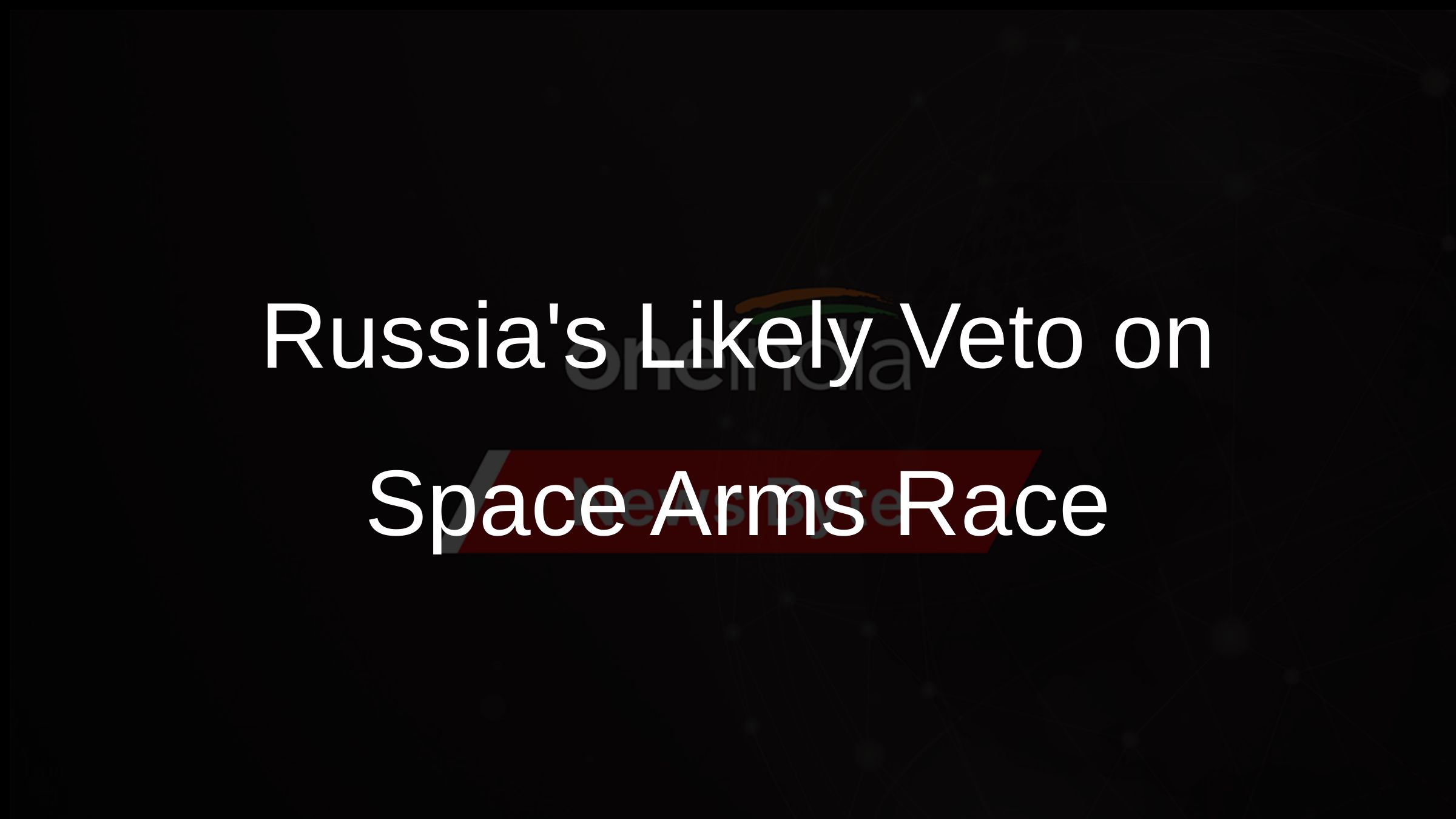Jim Hoagland urges US Congress to endorse US-India nuke deal
Washington, Apr 20 (UNI) Well-known columnist Jim Hoagland has strongly urged the US Congress to approve the India-US civilian nuclear agreement so that India could overcome its energy needs in a fast growing economy.
''India is moving from a past of shaking an angry finger in the American face to providing a helping hand for U.S. power in the future. The Senate and House should (take note of this) and move expeditiously to set this transformation in motion,'' says Jim Hoagland, writing in his weekly column in the Washington Post.
In the article ''Bush's Indian ally" Hoagland highlights excerpts from his interview with Prime Minister Manmohan Singh and how at a time when even friendly governments are quick to distance themselves from the United States and its pugnacious, embattled President, India is a strategic maverick.'' He says ''the conversation underscored for me that flaws in the nuclear draft agreement are heavily outweighed by the advantages it brings in cutting global pollution, easing pressure on oil markets and bringing a substantial part of India's nuclear program under international supervision.
Quoting Manmohan Singh, the columnist says ''This lack of nuclear cooperation is the last remaining cobweb from our old relationship, and we can now sweep it aside,'' Prime Minister Manmohan Singh said with an expressive wave of his hand. ''There are no other barriers to a more productive, more durable relationship with the United States.The potential is enormous for our two nations.'' Hoagland says the Indian leader's impressively modest and precise manner sets a moderate tone for his remarks. A visitor quickly understands why he is trusted and respected by his peers in the rough-and-tumble world of Indian politics. That does not prevent him from being candid in his assessments: ''We recognize that the United States is the preeminent superpower in the world and that it is in India's interest to have good relations with the United States.. as a very important partner in realizing our development ambitions,''he acknowledged.
Singh praised "the new thinking" in Washington during our conversation and easily skipped over renewed U.S. arms sales to Pakistan, American pressure for action on Iran and other topics that would have sunk most of his predecessors into bitter grumbling about neo-imperialism.
One way of helping with development and environmental protection, Singh quickly suggested, was for the U.S. Congress to approve legislative changes that clear the way for the United States to provide civilian nuclear technology and supplies to India after a 32-year ban triggered by India's development and testing of nuclear weapons.
Bush and Singh reached an agreement last July on reciprocal steps for the resumption of nuclear energy cooperation outside the international Non-Proliferation Treaty. Singh has persuaded his left-wing allies in the coalition government he heads not ''to wreck the boat'' by opposing ''an agreement that is in India's interest'' because of their suspicion of Washington.
The administration hopes to move the legislative changes through Congress in May, giving Bush a badly needed foreign policy success as well as the first direct American influence over India's nuclear weapons program, which would be partially covered by new safeguards and inspections.
Singh would not speculate on the consequences of a refusal by Congress to accept the agreement. But in response to questions, he did identify two things that he does not expect to happen.
When Hoagland asked if India would ever put all of its reactors under full-scope safeguards -- as some U.S. critics say Bush should have demanded -- Singh replied: ''No. We would like the world to move toward universal nuclear disarmament. But given the circumstances, we need a strategic nuclear weapons program. In our neighborhood, China is a nuclear power and on our western frontier there is Pakistan, which developed its weapons through clandestine proliferation.'' And he said he could not imagine circumstances that would require India to resume nuclear testing, an option that his Indian critics assert is a sovereign right. ''Our scientists tell me they need no further tests. As for the distant future, I cannot predict forever, but our commitment is to continue our unilateral moratorium.'' UNI XC SY KN2154


 Click it and Unblock the Notifications
Click it and Unblock the Notifications




